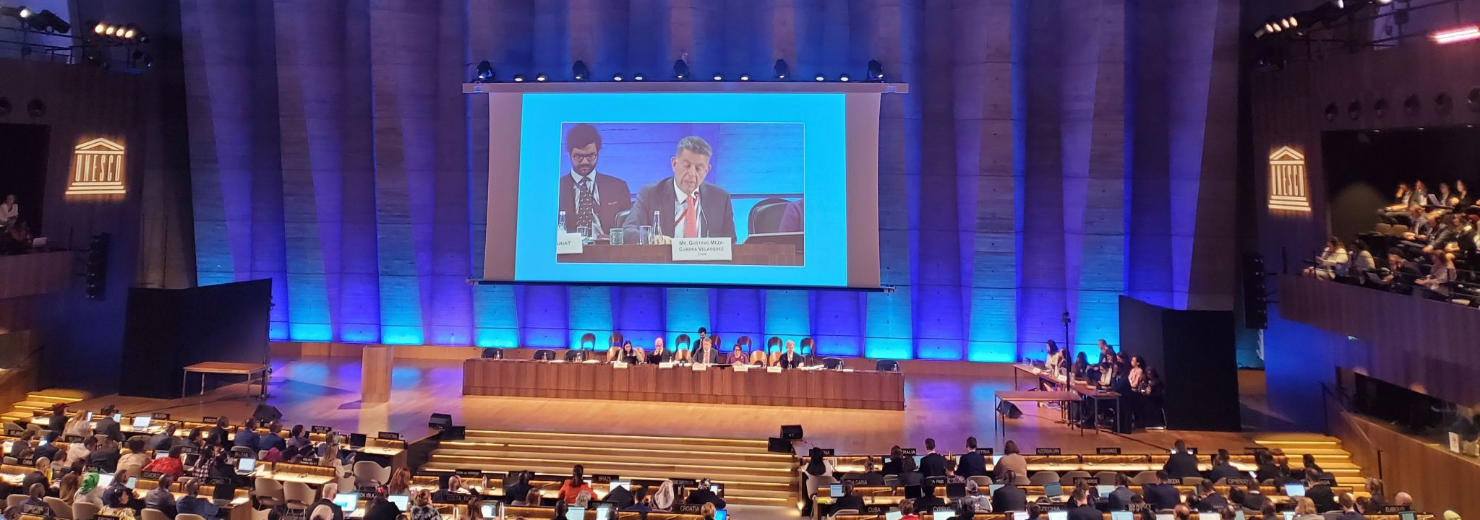Five takeaways from the INC-2 discussions
-

-
Umesh Madhavan
-
June 14, 2023
-
3 min read

Umesh Madhavan
June 14, 2023
3 min read


The second session of the Intergovernmental Negotiating Committee (INC-2) to develop an international legally binding instrument on plastic pollution concluded last month with a mix of highs and lows, but the most notable was the commitment to develop a first draft by the next meeting.
This marks another monumental step forward, but there is much work to be done in the lead up. Here’s a summary of our key takeaways from the negotiations.
- The mechanism of funding the treaty remains to be established. There was a lack of consensus on the use of a new multilateral fund or existing mechanisms such as the Global Environment Facility, or if a combination of the two should be adopted.
- Beyond global funding, significant real-world barriers currently exist for local start-ups and SMEs tackling plastic pollution in attracting investments as they are not deemed to be creditworthy. Mechanisms that reduce risks for local banks to support the financing of these ventures were touted as a good example to follow.
- The Extended Producer Responsibility (EPR) scheme was highlighted as a policy approach with the twin benefits of reducing plastic waste and facilitating additional funding for the development of waste management infrastructure. As demonstrated in our ‘Unlocking the Plastics Circular Economy: Case Studies on Investment’ report developed with World Economic Forum’s Global Plastic Action Partnership, supportive policy frameworks such as EPR schemes and recycled content mandates can send powerful signals to boost demand for circular solutions whilst providing greater incentive for investors.
- Ensuring a just transition and mapping out a global treaty that is inclusive of waste workers is gaining greater recognition, but there remains ambiguity on how human rights will be embedded across the plastics value chain. More must be done to transform their roles within the ecosystem to recognize the importance of their contribution, provide safer working environments and improve their livelihoods. At The Circulate Initiative, we’re paving the way for an inclusive, circular economy through our newly launched Responsible Sourcing Initiative, which brings together the entire plastic waste value chain to adopt harmonized responsible sourcing practices.
- Data is key to making evidence-based and informed decisions, and there is a strong desire across the ecosystem to come together to provide member states with the needed tools. The Plastics Circularity Investment Tracker is one of our publicly-available resources designed to inform decision-making, helping stakeholders to better understand the current investment landscape and extent of the financing gap hampering the world’s transition to circularity.
Coming out of the negotiation, it is clear that there is great enthusiasm and commitment to deliver a global agreement that can impactfully address the plastic pollution problem. Despite the challenges and varying interests at play, we’re encouraged by the honest conversations and continue to be cautiously optimistic that the world can draw learnings from past climate negotiations and drive systems change.